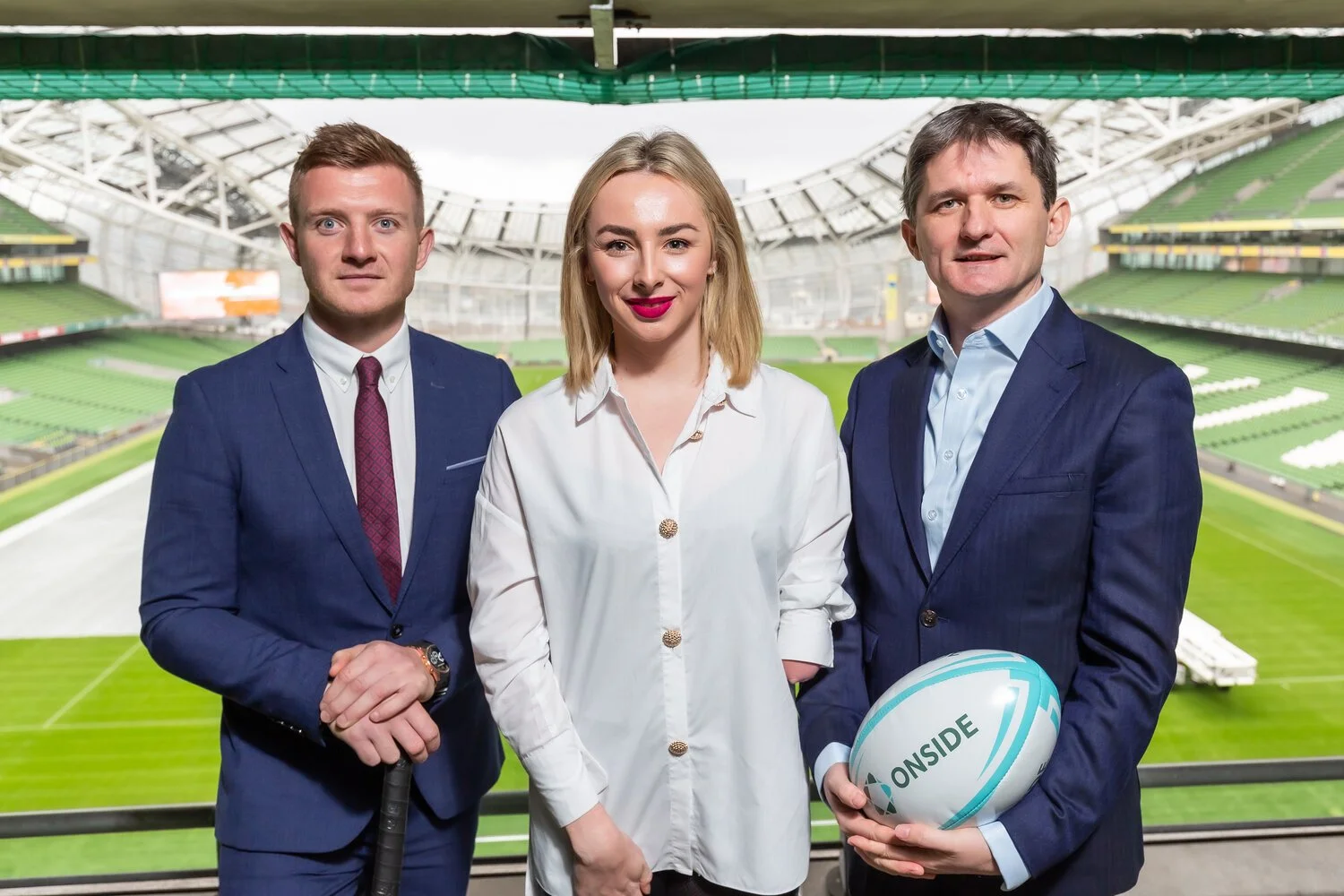While the number of brands investing in sponsorship of women’s sport is on the rise, a survey undertaken by the specialist consultancy ONSIDE has revealed only 46% of UK adults can name a sponsor of women’s sport.
Apparel giants Nike and Adidas are the leading brands associated with women’s sport sponsorship in the UK with their activity resonating most strongly with younger adults and females.
Barclays – naming rights partner of the Barclays FA Women’s Super League – is third on the list with particularly high recognition in London and the South-East. Visa (FIFA and UEFA women’s football) and Aldi (Olympics and Paralympics) round out the top five.
Awareness levels of women’s sport sponsorship are lower in the UK than in Ireland where Paralympian Ellen Keane promotes major brands, including Allianz, Toyota and Citi. (Left to right: Joe Canning, Ellen Keane, John Trainor)
“There are more sponsorship deals than ever taking place in women’s sport in the UK, but many brands are still reluctant to go ‘all in’ on their activation. This means that while industry executives and awards panels are celebrating breakthrough partnerships, these sponsorships are still struggling to capture mainstream attention,” said ONSIDE’s UK Managing Director Jon Long.
“The UEFA Women’s Euro in England this summer presents an opportunity to change that. We are expecting unprecedented exposure of the tournament in the host country and, hopefully, brands will become braver in their activation, particularly the likes of Lego, Starling Bank, Gillette and Pandora – consumer-facing brands that have invested in local sponsorship of the event.”
Another major sponsor of women’s sport, Vitality, is in the top five in England but had less cut through in Scotland, Wales and Northern Ireland while Lucozade performed particularly well in Wales and Northern Ireland.
Awareness of women’s sport sponsorships in the UK is 50% lower than awareness of sports sponsorships generally. Men (49%) are slightly more likely to be able to recall a sponsor of women’s sport than women (43%) and awareness of women’s sport sponsorship is highest amongst males aged 18-34 (59%).
“The UK is seen as a pioneering market for women’s sport, but sponsors can learn from experiences in other territories,” added Long.
“For example, three-quarters of Irish adults can name a women’s sport sponsor that appeals to them. That’s 50% higher than the UK and reflects both a more focused sponsorship landscape and a willingness of consumer brands such as Lidl (Ladies Gaelic Football Association) and Sky (FAI women’s football) to put women’s sport at the heart of their marketing strategies.”
This exclusive women’s sport research is part of ONSIDE’s Quarterly Sponsorship Review (QSR) of the UK market.
The next UK edition of ONSIDE QSR will be released later this month.


